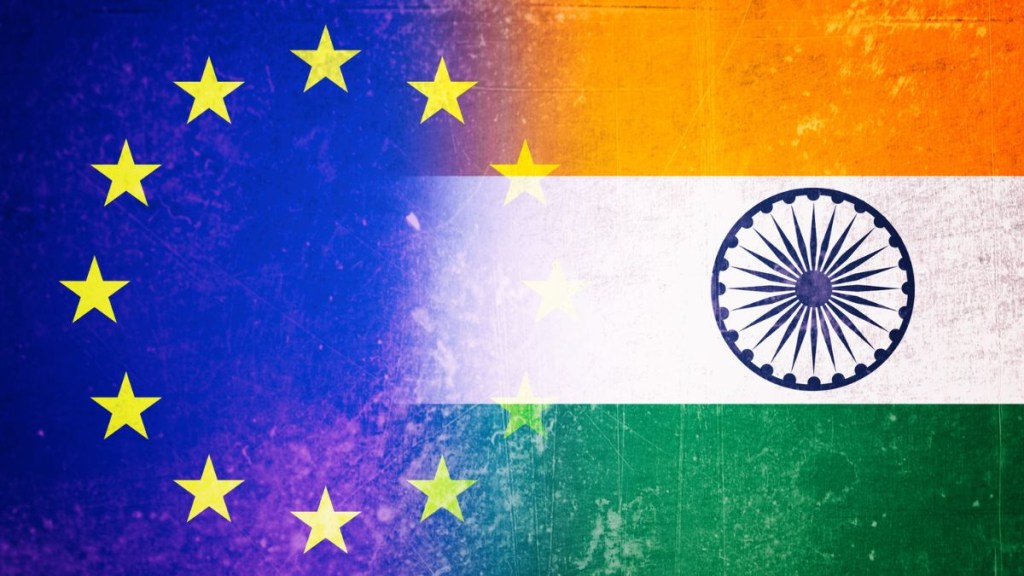India and the European Union (EU) on Monday resumed negotiations on their Free Trade Agreement (FTA) with a team from Brussels arriving here. The talks will last till the end of the week and may aim to sort out the remaining differences so that the deal is ready by the end of this year.
The talks this week has not been termed as the next formal round as after the conclusion of the 14th round it was decided to remain continuously engaged at the Chief Negotiators level. In addition to continuous engagement at the chief negotiator’s level, intensive negotiations at the political level will continue.
Commerce and industry minister Piyush Goyal visited Brussels from October 26 to October 28 for intensive discussions on the FTA with European Commissioner for Trade Maros Sefcovic. His visit came after the 14th round of talks from October 6 to October 10.
“Both sides have so far finalised 10 of the 20 chapters or policy areas of the proposed agreement. Another 4-5 chapters have been in-principle broadly decided. On more and more issues we are leaning towards convergence,” Goyal has said.
As negotiators meet in person and other subject-specific groups continue to engage, the Trade Commissioner of EU will visit India some time in end-November or early December. “By that time we should be in a position to make significant and substantial progress towards closure,” Goyal had said.
India and EU are working with the December-end deadline to close their negotiations on the FTA.
The EU’s regulations like Carbon Border Adjustment Mechanism (CBAM), Deforestation Regulation (DR) and many such steps to become carbon neutral by 2050 have also been discussed in the negotiations on the FTA.Other areas where more discussions continue are auto, steel, other EU regulations and Non Tariff Barriers (NTB).
The EU will start collecting carbon tax from January 1, 2026. This will be on the excess carbon emissions over a threshold. The seven products are covered by it but for India the interest is in steel and aluminium. Tariff concessions under FTA become meaningless if they are replaced by carbon tax.
Another issue in steel is the safeguard duties that the EU has imposed on imported steel since 2018. It sets country-wise quotas on imports. In auto the EU is seeking freer access to the Indian market but which New Delhi wants to protect because of its role in domestic manufacturing.
